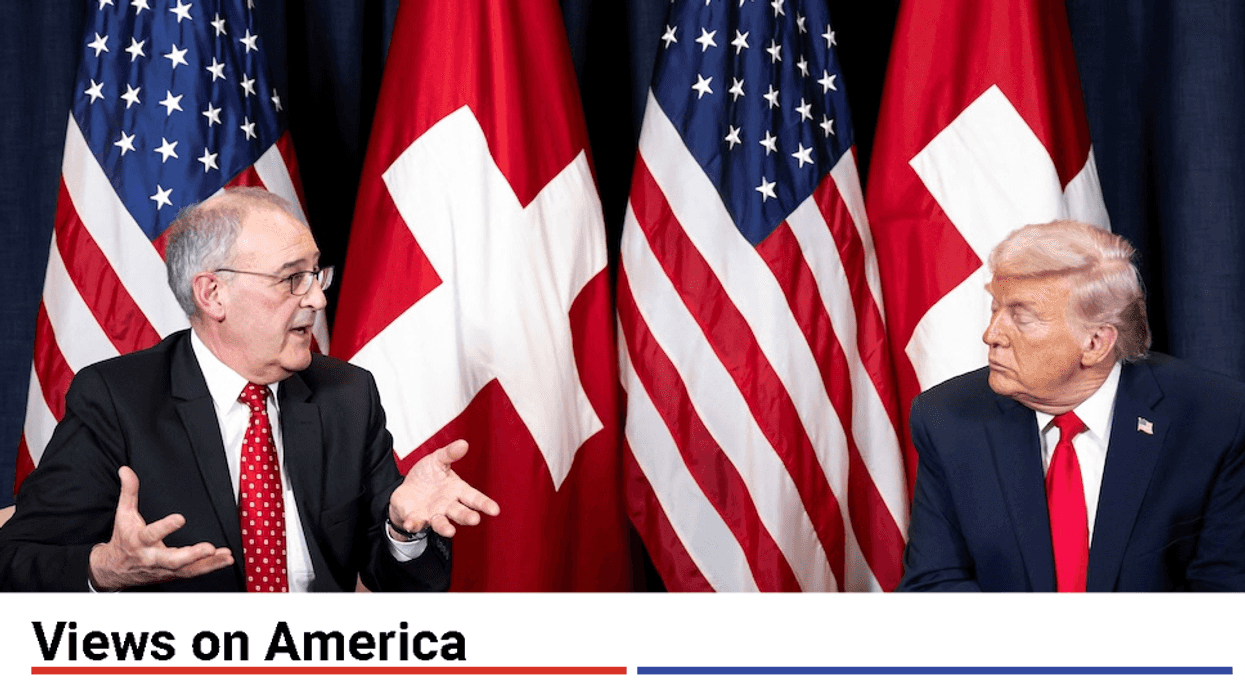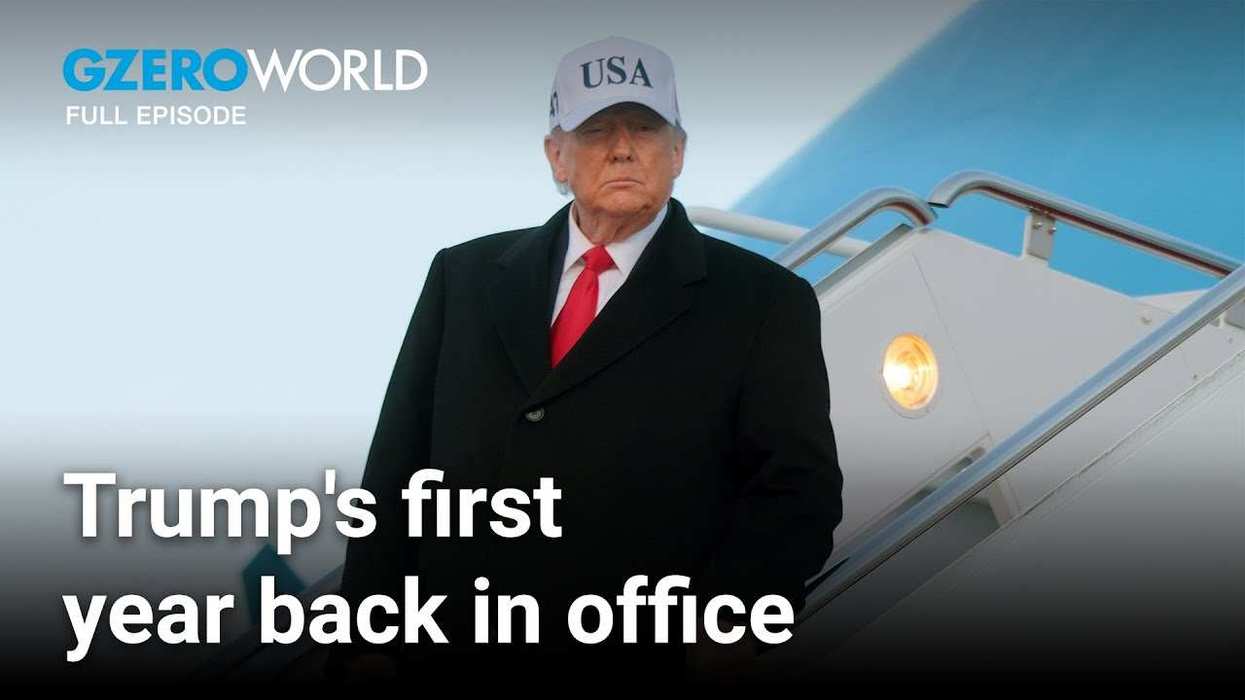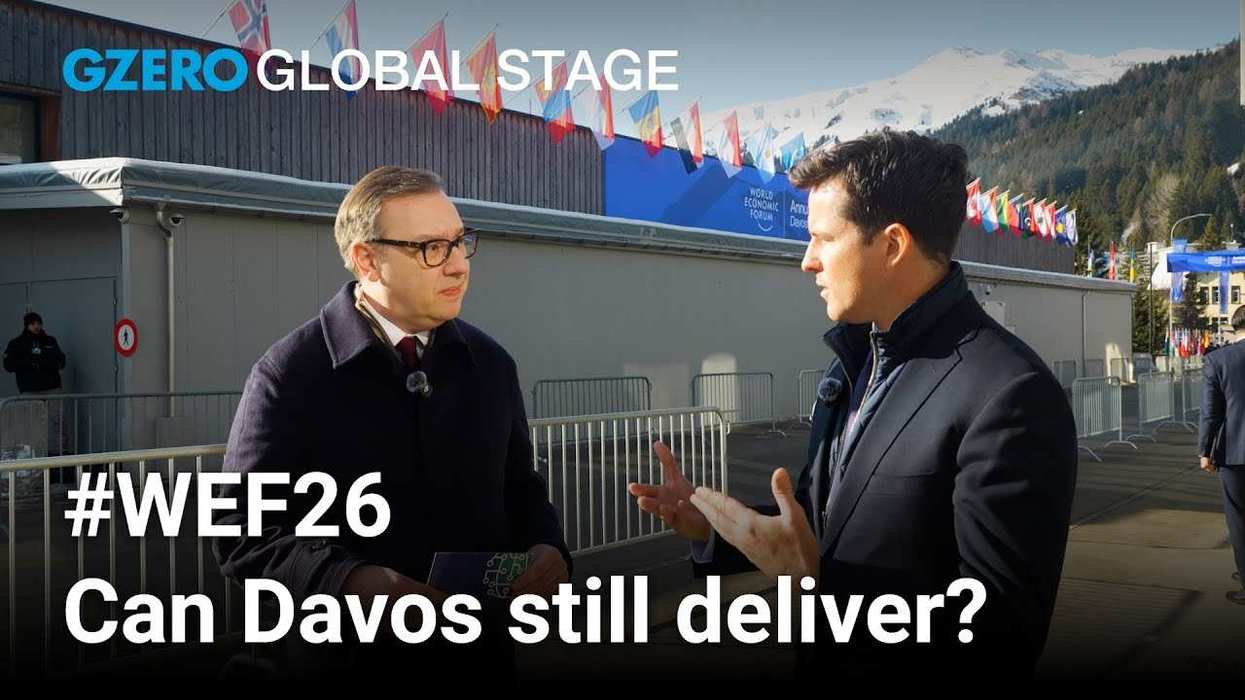With so many problems in the world right now, it seems odd to spend time trying to solve ones that don’t exist.
But that’s exactly what happened this week when House Speaker Mike Johnson proposed a new law to crack down on non-citizens voting in US federal elections.
The legislation, known as the SAVE Act, would outlaw non-citizen voting – which is already illegal – and require proof of citizenship in order to register to vote.
Now, some people, mostly Republicans, say it’s not unreasonable to expect adults to produce ID before making a decision about who should lead the “free world.” Others, mostly Democrats, point to evidence that voter ID requirements – particularly for passports or birth certificates – tend to suppress eligible voter turnout, particularly for minority voters. There are fair arguments on both sides.
The Supreme Court, for its part, has struck down a state-led requirement for citizenship documents, and a North Carolina court is weighing the issue of voter ID more broadly as we speak.
But leave all that aside for a moment. There’s a more fundamental problem with Johnson’s bill. It’s aimed at ghosts.
Asked about the scale of the problem of non-citizen voting, Johnson said:
“The answer is that it’s unanswerable.”
“We all know intuitively,” he explained, “that a lot of illegals are voting in federal elections.”
This vibes-based intuition parrots a longstanding talking point of GOP boss Donald Trump, who has complained – falsely – that voter fraud cost him the popular vote in 2016 and the election itself in 2020. With just six months until his rematch with Joe Biden, Trump and his allies are keen to seed the idea that voter fraud – particularly among the rapidly rising undocumented migrant population – will decide the outcome. With 60% of Republicans worried about the credibility of the electoral system, Trump knows his audience.
But the question for Johnson is not unanswerable. The answer is that there is, in fact, no evidence for these claims.
In 2017, for example, the Brennan Center for Justice at NYU looked closely at the 2016 election, a contest in which Donald Trump claimed he had lost the popular vote because 3-5 million illegal immigrants had voted for Hillary Clinton.
After reviewing 23 million voter names, in 42 precincts, in 12 states, how many instances of non-citizen voting did the Brennan study find?
Thirty. That’s 0.0001% of the votes.
It turns out non-citizens, in perpetual danger of deportation, aren’t eager to write their names down on a voting register, leaving indelible evidence of a federal crime.
This tracks with other studies of voter fraud, nearly all of which show that it’s exceedingly rare. The state of Georgia, for example, conducted a review of its voter rolls in 2022 and found that of the four million votes cast by Georgians in the midterms of that year, there were 17 instances of voter fraud.
That’s not to say there aren’t real concerns about the election. How might AI distort voter perceptions of the candidates? Will foreign powers try to sway voters’ choices? Will election workers be safe? Nearly 40% of them say they have experienced threats, violence, or harassment, in part by people riled up with false narratives about fraud.
But instead of addressing those serious worries, the Speaker of the House is proposing to Make Illegal Things Illegal Again™, based on information he does not have, about a phenomenon that doesn’t exist.
This kind of vibes-based lawmaking isn’t going to SAVE us from anything.


















